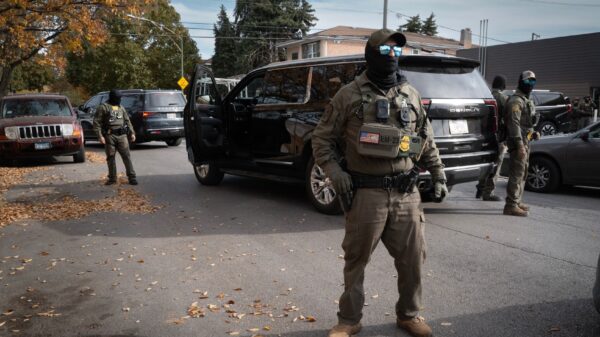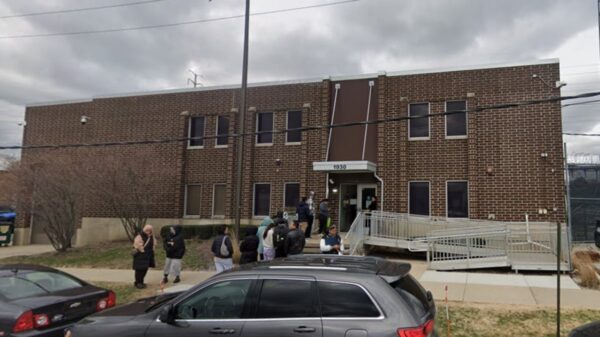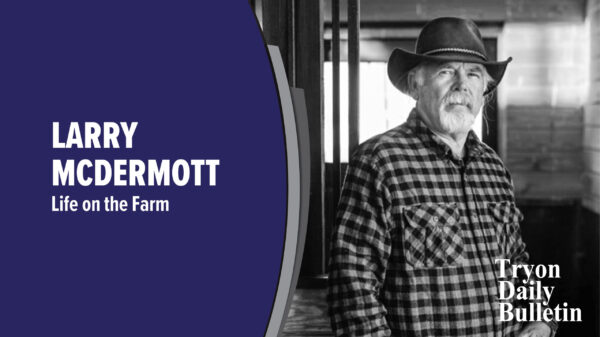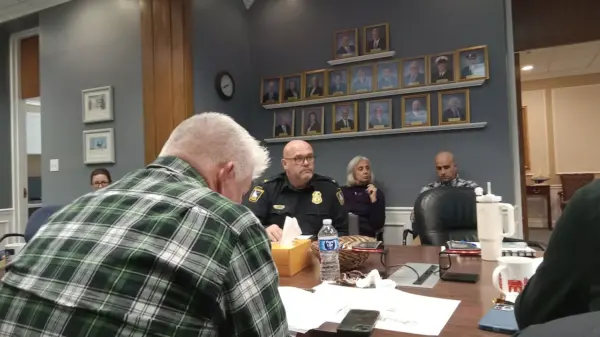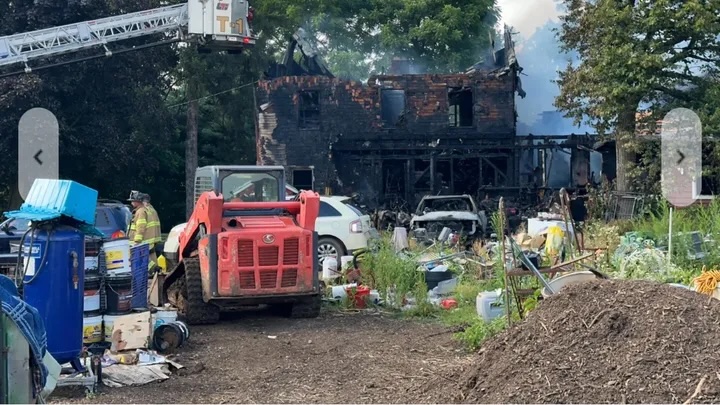URGENT UPDATE: A recent fire at Burke Ridge Farms in South Windsor has ignited crucial discussions on fire safety and water access in rural areas. Following the blaze on July 25, 2023, which devastated the fifth-generation family farm, officials are calling for immediate action to improve emergency response capabilities in regions lacking adequate fire hydrants.
The South Windsor Fire Department reported that firefighters had to lay a supply line from over 3,000 feet away due to the absence of nearby hydrants, raising concerns among local leaders, including State Sen. Saud Anwar, D-South Windsor. “If a hydrant had been in the area, perhaps the outcome could have been better,” Anwar stated during a meeting this past week.
Anwar convened with fellow lawmakers, including State Rep. Tom Delnicki, Mayor Audrey Delnicki, and various fire officials to address the urgent need for improved fire protection and water supply systems. The meeting focused on evaluating fire service coverage in neighborhoods without direct municipal water connections, emphasizing that every resident must have access to reliable fire protection.
“The goal was clear: To ensure that every resident, regardless of location, has dependable fire protection,” Anwar noted.
Fire Chief Kevin Cooney, who was on scene during the Burke Ridge fire, explained that while South Windsor is generally well-equipped with hydrants, some areas are significantly underserved. “We don’t really have a large rural area… but there are sections of town with limited hydrants,” he said. The house involved in the fire was approximately 2,800 feet from the nearest hydrant.
Despite the challenges, Cooney is uncertain whether closer access to a hydrant would have changed the fire’s outcome. “Every fire is different,” he remarked, highlighting that the fire was well-involved by the time crews arrived.
Lauri Volkert, Connecticut’s State Fire Marshal, shared her insights on the diverse fire suppression methods employed across the state. Many towns lack municipal water systems and rely on alternative sources like wells and natural bodies of water for fire suppression. “Departments without hydrants have plans in place and practice using these water supplies,” she explained.
However, the financial burden of establishing municipal water systems and hydrants is significant, with estimates reaching millions of dollars. Bud Meyers, Fire Chief for the Town of Coventry and president of the Connecticut Fire Chiefs Association, warned that rural firefighting comes with unique challenges, including longer response times. “In places like Lebanon, some areas are a 20-minute drive away,” he said.
As discussions continue, officials are considering legislative measures to enhance fire safety, including mandating sprinkler systems in new buildings. “Sprinkler systems can control fires effectively and allow firefighters to respond more efficiently,” Meyers stated, urging for immediate action.
The urgent meeting in South Windsor underscores the pressing need to address fire safety and water access in rural communities. As local leaders push for improvements, residents are left to wonder how quickly these changes can be implemented to prevent future tragedies.
As this situation develops, the community is watching closely for new initiatives aimed at enhancing fire safety and ensuring that all neighborhoods receive the protection they need. Stay tuned for updates on this critical issue.








